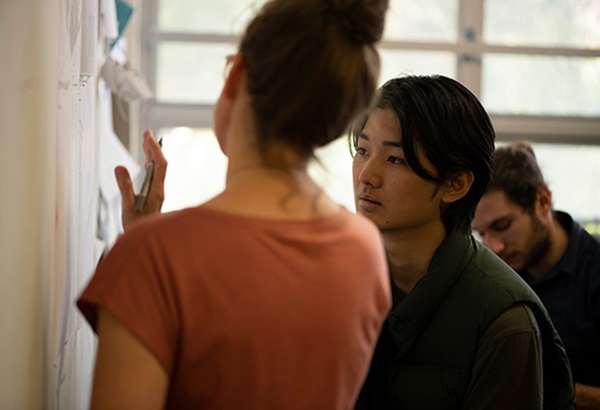Ben completed a Bachelor of Commerce in Economics (Honours) part time over two years. He shares a little about his honours experiences below.
What made you decide to continue with honours instead of going out into the workforce?
I decided to do honours mostly because I wanted to distinguish myself from other commerce graduates and increase my chances of getting a job.
When applying for jobs, the job market is highly competitive given you’re up against many undergraduate economics, commerce and even students from other disciplines (depending on the job). An additional honours year helps set you apart.
A secondary motivation was to continue the flexibility of student life, given I would likely be a full-time worker for the majority of my life, so it was nice to take more time studying before starting work.
I also decided to study part time, mainly because I got married during my first year and so wanted more time to plan a wedding and settle in. This helped with flexible time – I did my coursework in the first year and my dissertation in the second.
Lastly, I liked the idea of tutoring undergraduate units and found that to be both enjoyable and rewarding.

What did you write your honours dissertation on?
I wrote mine in labour economics on the individual level determinants of self-employment in Australia. I looked at which factors increased or decreased the likelihood of someone being self-employed, other things equal.
Why would you recommend honours to a third-year Commerce student?
It’s actually such a good learning experience. The dissertation sounds scary, but the research, writing and analysis skills gained are totally worth it –- plus, it really isn’t too difficult of a project! Your supervisor will help run you through it all.
Also, you have your whole life to work, so why not take another year to challenge yourself, enjoy the student life and learn lots while you’re at it.
What challenges should they be aware of?
Time management while having to complete coursework and the dissertation simultaneously would have to be the greatest challenge with the honours year – some students are fine with it, some struggle. Given my honours was part time over two years, I didn’t really face this issue, but I’ve heard about it from other students.
Have you heard anything from employers about their perceptions of honours graduates and those without the extra year?
The greatest benefit I found in interviews was discussing the skills that completing the honours year and dissertation gave me. Doing a year-long dissertation is great for learning time management, organisation, analytical, writing and research skills, which are things pretty much any employer is looking for.







